Identity Review | Global Tech Think Tank
Keep up with the digital identity landscape.
From brazen founders, to dynamic CEOs, to up-and-coming futurists, the technology and data industry abounds with female leaders who have transformed their unique verticals.
As tech reckons with evolution in both automation and leadership, below are six technologists that have remained indispensable to the field, ensuring their work—and names—cannot be missed.
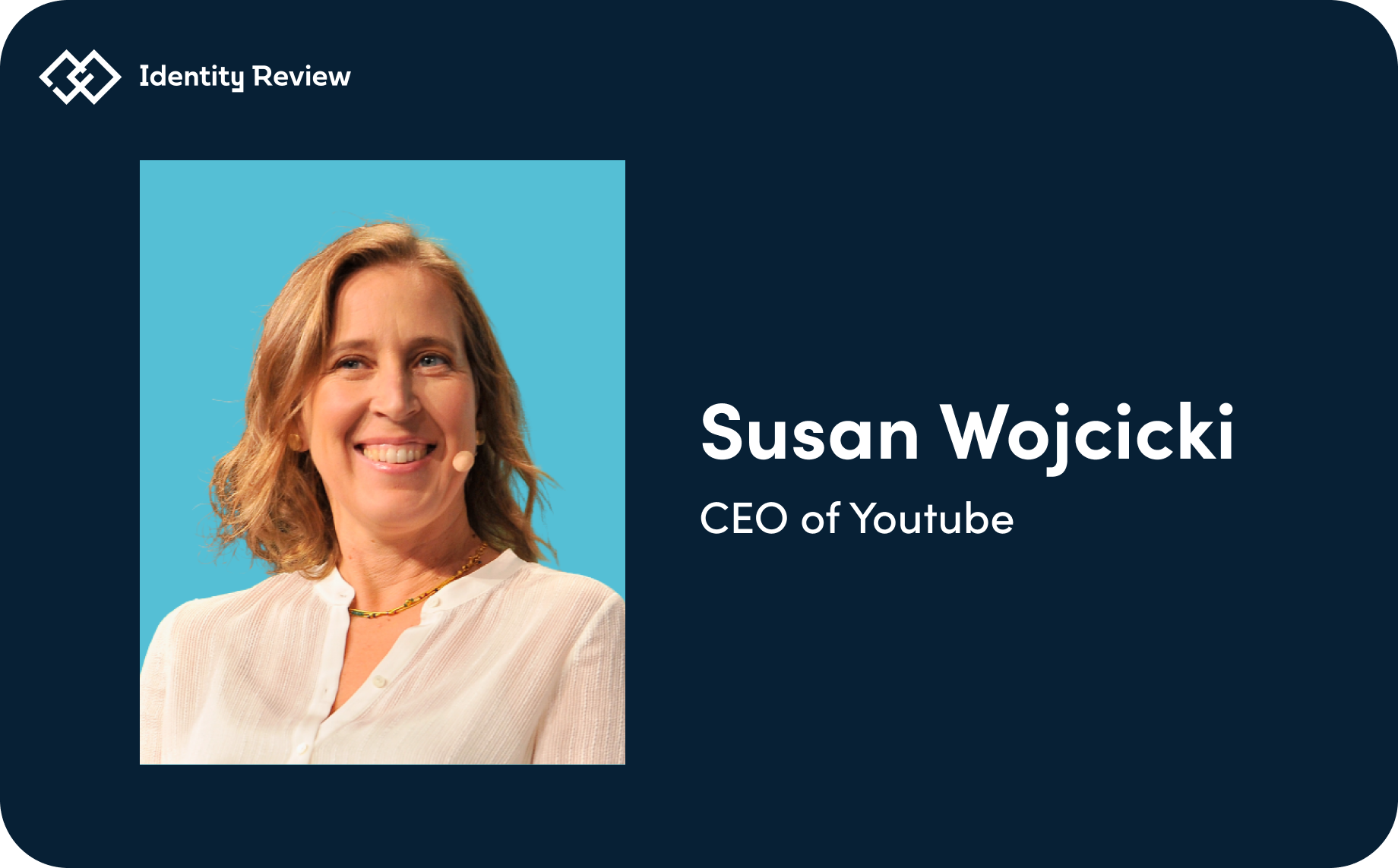
American-Polish executive Susan Wojcicki has been in the tech industry for over 20 years. Having received a bachelor’s from Harvard in history and literature, she initially planned to pursue academia before discovering a calling in tech. Relocating to Menlo Park, she rented her garage space to Larry Page and Sergey Brin, Google Inc.’s initial headquarters. She later became Google’s 16th employee and became their first marketing manager, leading the teams that brought forth Google Video, DoubleClick, AdSense, and more. Her most notable undertaking is overseeing the purchase of Youtube, a company to which she transferred to in 2014 to become CEO.
As video platforms struggle to distribute secure, safe and acceptable content, Wojcicki is a vanguard in upkeeping her user’s digital trust–and the cooperation of governing bodies that regulate it. She’s responsible for overseeing Youtube’s Content ID system, for instance, a fingerprinting mechanism that uses AI to police copyright on the website.
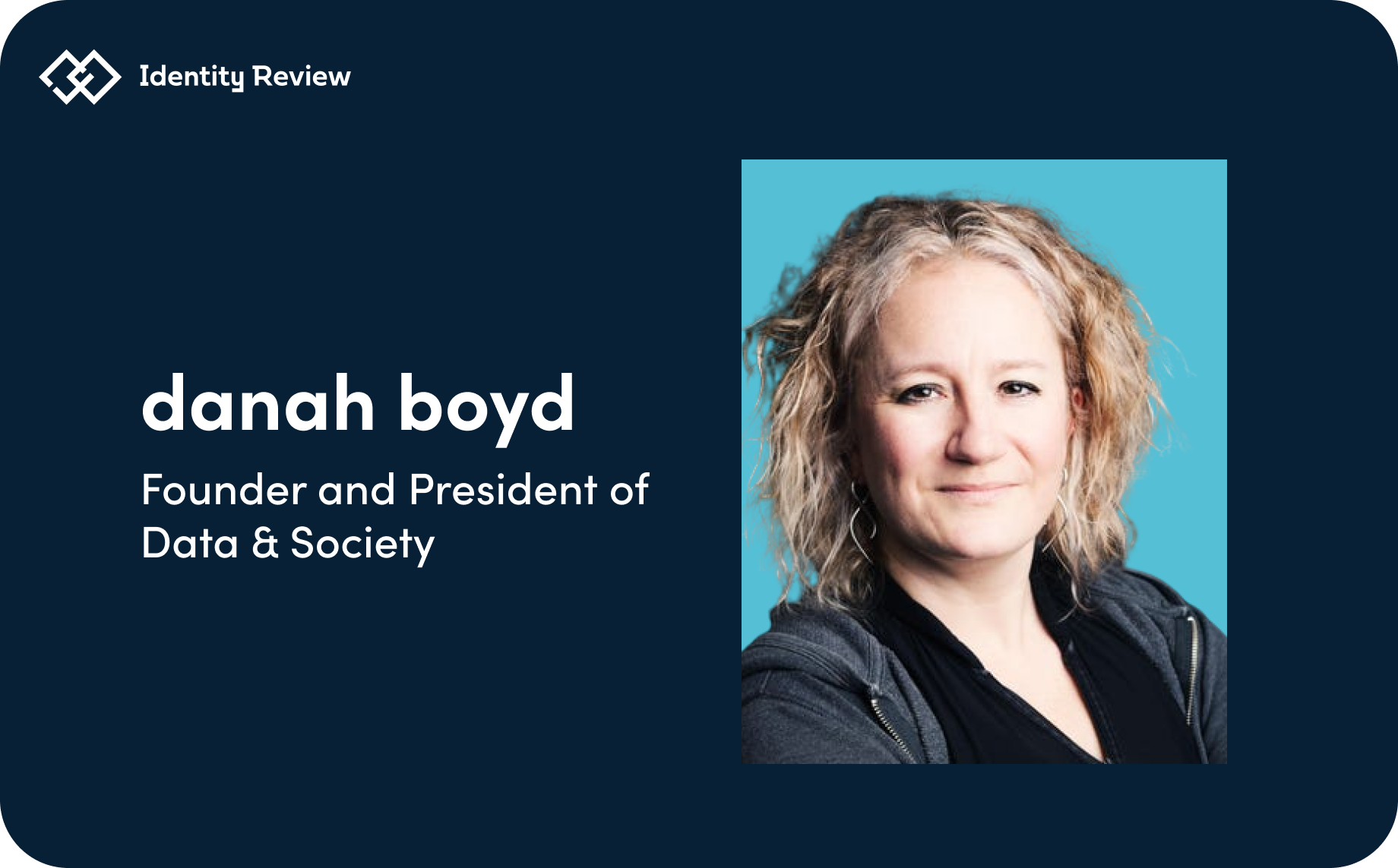
Danah Boyd is a decorated thought leader and scholar in the sociotechnical research space. Alongside being a partner researcher at Microsoft Research, she’s both the founder of Data&Society, a collaborative institute that studies the social implications of data-oriented technologies, and a visiting professor at NYUs Interactive Telecommunications Program.
A prolific blogger and academic, Boyd has authored countless papers on media manipulation, digital backchannels, algorithmic inequities and more. She received her masters at the MIT Media Lab’s Sociable Media Group, where her thesis focused on the digital presentations of the self, and a PhD at Berkeley’s School of Information. In each of her commitments, Boyd’s current research focuses on questions related to “big data” and its manipulation. Her work, whether written or spoken, has greatly influenced policy-drivers and industry leaders.
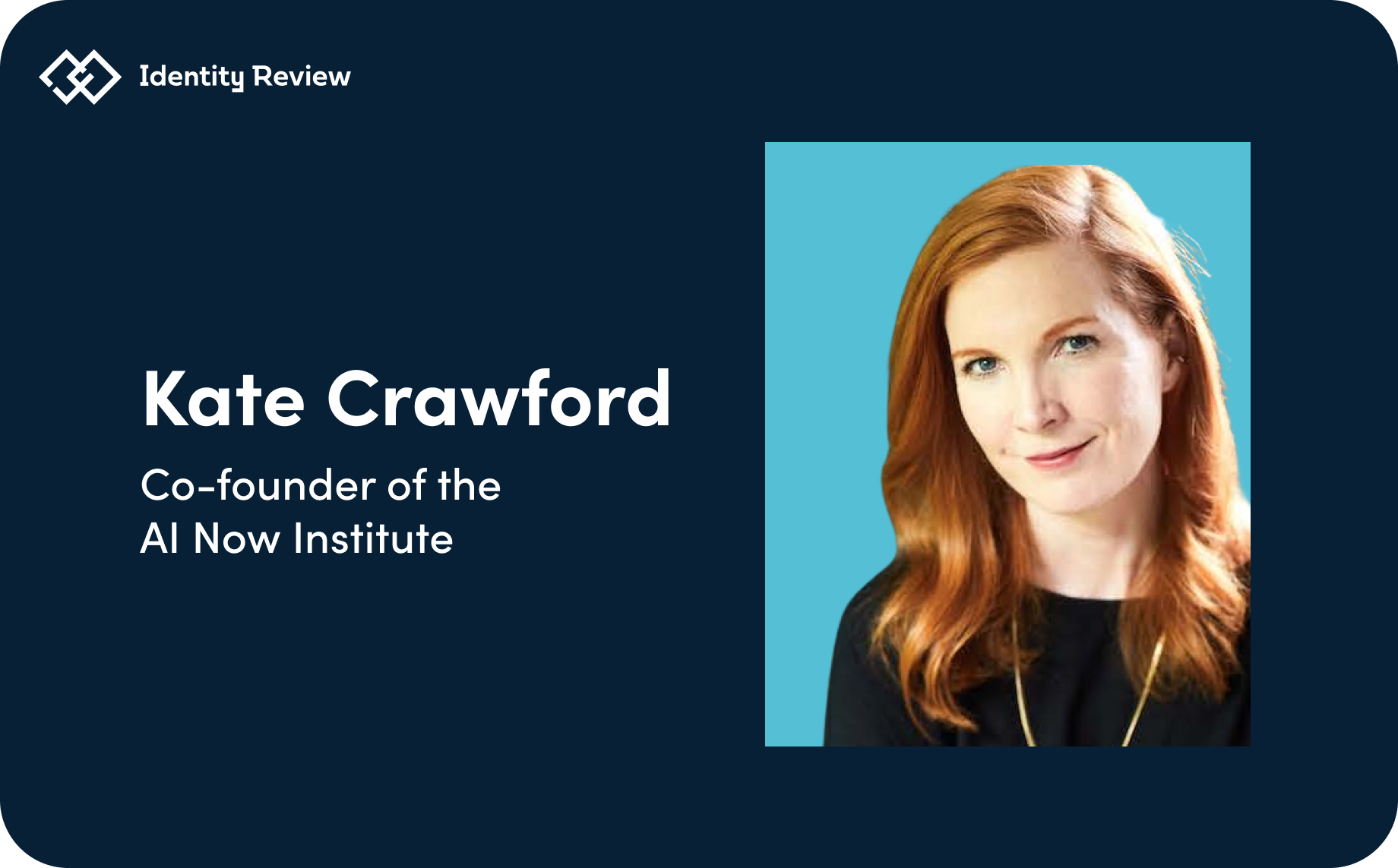
A principal researcher at Microsoft Research, a visiting professor at the MIT Center for Civic Media and a senior fellow at NYU’s Information Law Institute, Kate Crawford is an Australian academic specializing in social media and its societal effects. Most notably, she is the co-founder of the AI Now Institute housed at NYU’s Tandon School of Engineering. There, her team produces annual reports analyzing social themes behind artificial intelligence—bias, inclusion, civil infrastructure, liberties, and automation. Crawford is an advocate for exposing the materials impacts of AI—its natural resource costs, how it affects labour structures within corporations and its classificatory logistics.
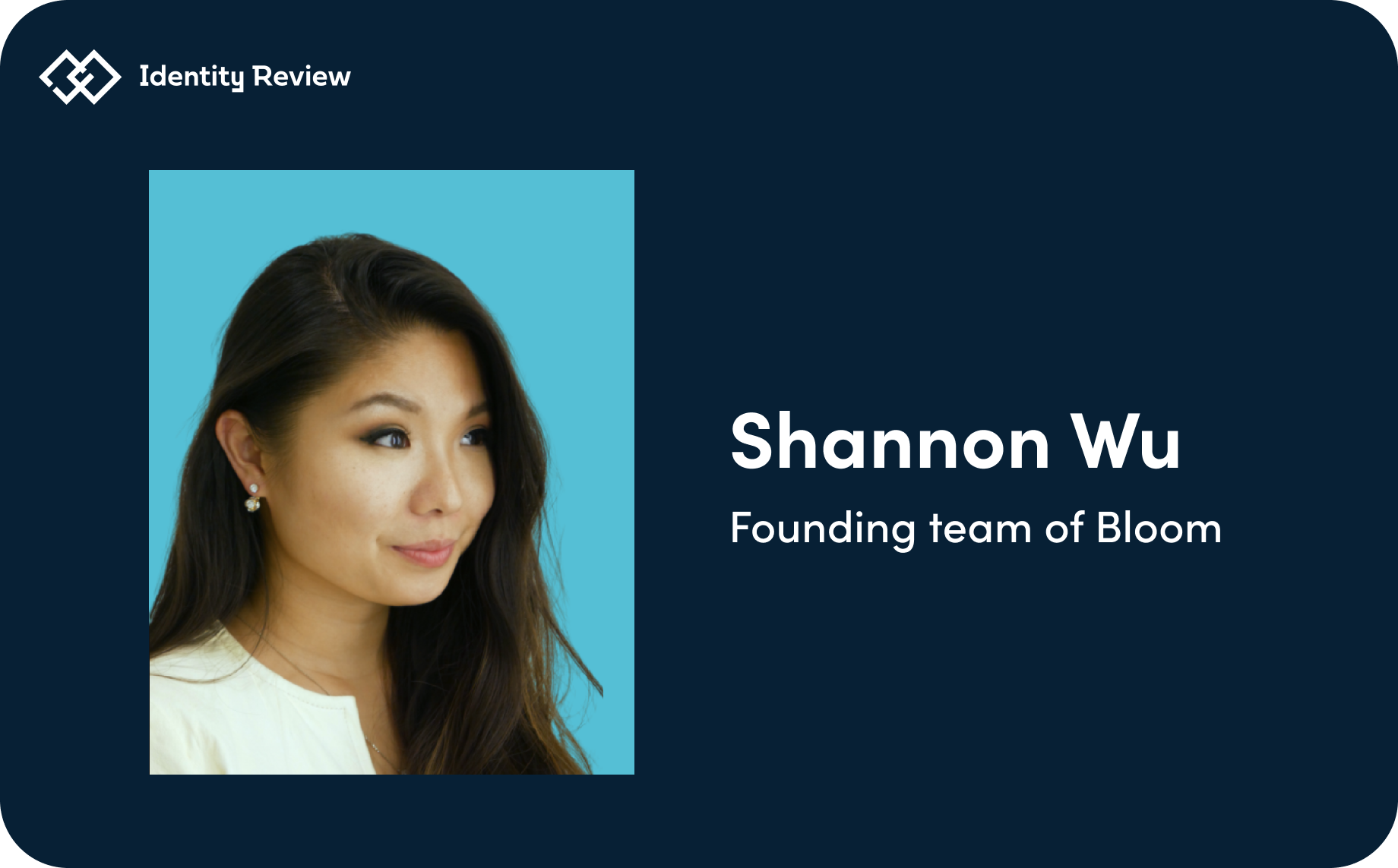
Shannon Wu is one of the foremost leaders within fintech and cutting-edge technologies. She has long been an advocate for fintech innovation and consumers in the data economy. Passionate about consumers owning their own data, she helped build decentralized identity platform Bloom, where she led the go-to-market strategy, bringing the technology to nations around the world. Shannon also served as an early team member of lending platform MakerDAO and the launch of stablecoin Dai. Shannon attended Stanford University, where she sat on the University Board of Trustees during her time there. Shannon is a frequent university guest lecturer, angel investor and advisor.

Katie Moussouris learned how to program on a device her mom gave to her in elementary school called the Commodore 64. It led her to become the first girl in her highschool to take an advanced computer science course, laying the origins of her passion for hacking. After researching in labs for Harvard and MIT as an undergrad, and after a stint at @stake as a penetration tester, she founded and managed Symantex’s Vulnerability Research program, the first to allow researchers to publish and collaborate on cyber-vulnerability research. She then left Symantec to join Microsoft as a security strategist, commissioning its vulnerability research program and later running its Security Community Outreach and Strategy teams.
Moussouris now runs Luta Security, a consultancy to help organizations work collaboratively with hackers through bug bounty programs, and recently testified in front of the U.S. House Committee on Science, Space, & Technology to advocate for the improvement of cybersecurity within software supply chains. She’s generously acknowledged, having appeared on multiple “top women in IT” lists.
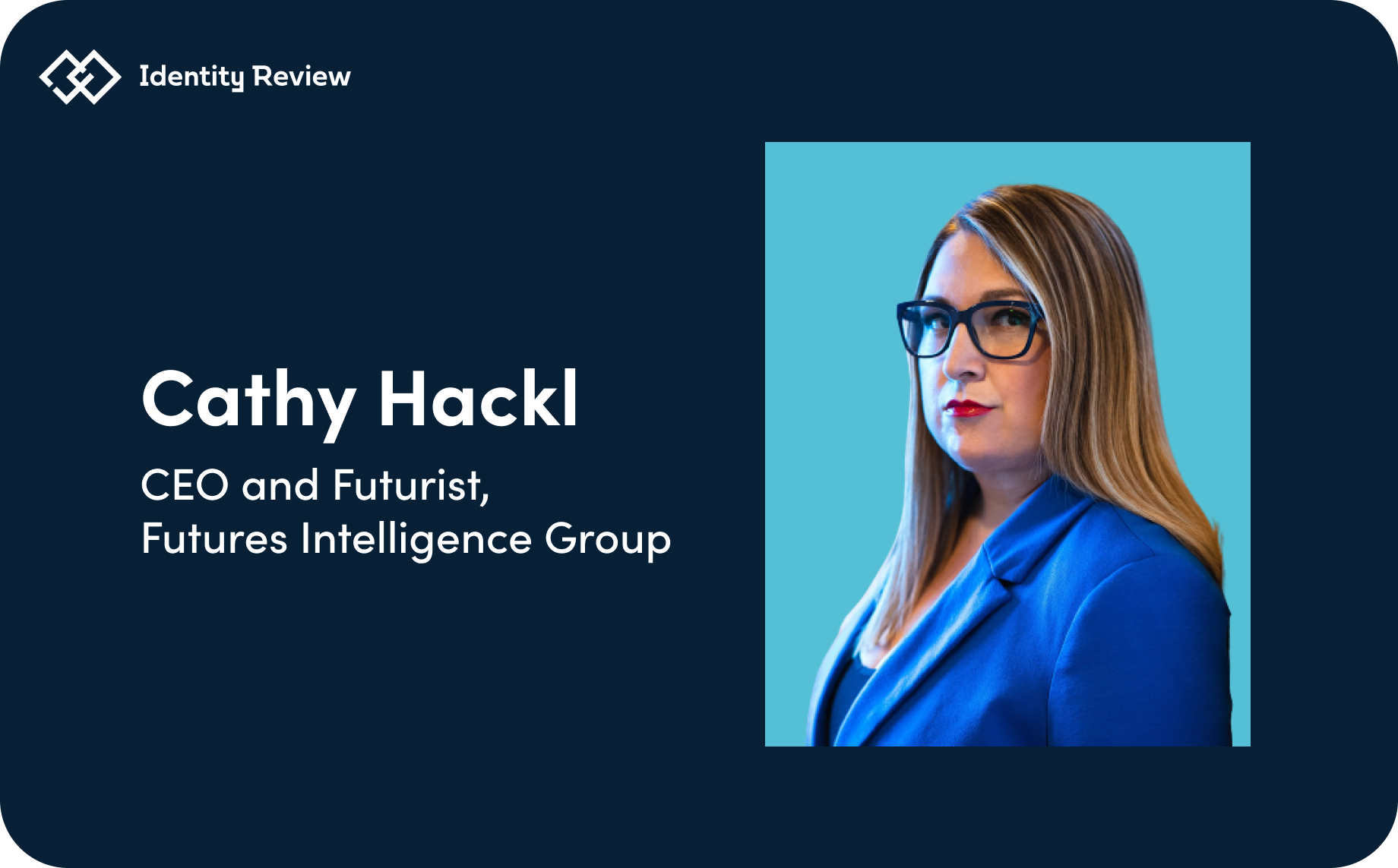
Hackl is a self-defined tech futurist and a business-thinker for augmented reality, virtual reality, spatial computing and the metaverse at large. While she’s worked with some of the most prominent names in the tech industry—AWS, HTC VIVE and Magic Leap, to list a few—her most notable thought-leadership can be found on LinkedIn, where she writes on the necessity of diversity within teams and topical tech trends.
A coveted keynote speaker and author, she was listed on Thinkers50 Radar list of the top 30 management specialists most likely to reconfigure the future of how organizations are led. Her biggest commitment is the Futures Intelligence Group, a futures-research consulting firm that works with clients in emerging tech, defense innovation, fashion, government and more. Hackl also recently penned a blog post on cybervandalism, digital identity and the future of fraud—read it here.
Do you have information to share with Identity Review? Email us at press@identityreview.com.
Follow us on Twitter @IdentityReview